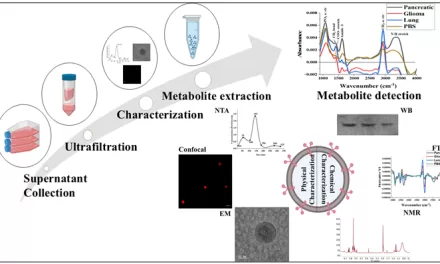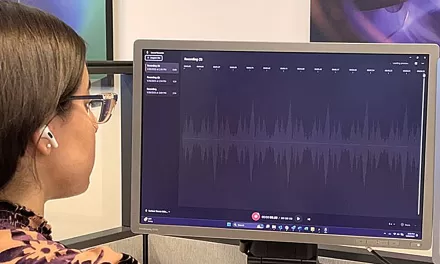February 3, 2024
A malaria vaccine jointly developed by the University of Oxford and the Serum Institute of India has demonstrated significant success, preventing approximately three-quarters of symptomatic malaria cases in young children during the first year after vaccination, according to results from a large trial published on Thursday in The Lancet medical journal.
The vaccine, known as R21, has received regulatory approval in three West African countries and from the World Health Organization (WHO). This achievement marks the second malaria vaccine to become available in 2024, following the launch of the GSK-developed vaccine in Cameroon earlier this month.
Both vaccines represent crucial breakthroughs in the fight against malaria, a mosquito-borne disease that continues to claim over half a million lives each year, primarily affecting young children in sub-Saharan Africa.
Mary Hamel, the WHO’s malaria vaccine implementation head, expressed the significance of having two safe and effective malaria vaccines to meet the growing demand. She stated, “This is what we have been waiting for, for decades.”
The final-stage trial for the Oxford-Serum vaccine involved 4,800 children in four African countries. The vaccine demonstrated an impressive 75% efficacy in preventing malaria cases in children aged five to 36 months, particularly in areas where the initial three doses were administered before the peak malaria season. In areas with year-round transmission, the vaccine prevented 68% of cases. The trial is ongoing, and efficacy was maintained with a booster administered a year later.
Brian Greenwood, a professor at the London School of Hygiene and Tropical Medicine who has worked on malaria vaccines for decades, emphasized the need to determine the optimal use of these vaccines. This includes exploring the potential need for regular boosters and combining the shots with preventive drugs and tools like bed nets.
Despite the challenges in directly comparing the two available malaria vaccines due to various trial variables, including age, study duration, and malaria transmission levels, experts note that the R21 vaccine performs similarly to the GSK-developed vaccine under the same conditions.
One key differentiator is the cost and availability of the R21 vaccine, priced at approximately $3 per dose and produced in larger quantities by the Serum Institute of India. Adar Poonawalla, the institute’s CEO, stated that there are 25 million doses of R21 available for this year, making it a more readily accessible option.
Alassane Dicko, who led the R21 trial in Mali, emphasized the urgency of deploying the vaccines to children, emphasizing the need to act promptly to save lives.
As the world grapples with the persistent threat of malaria, the availability of multiple vaccines provides hope for more effective prevention and control measures, potentially saving countless lives in malaria-endemic regions.












